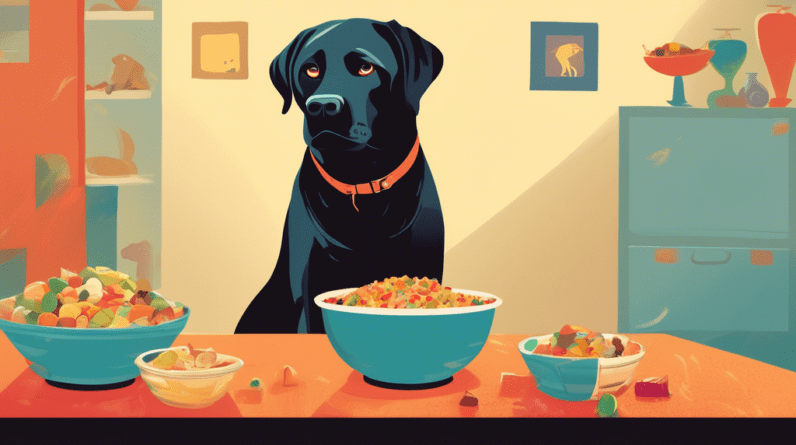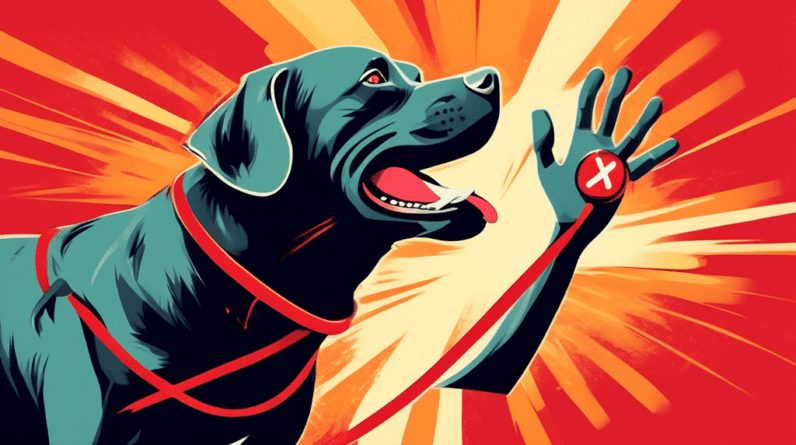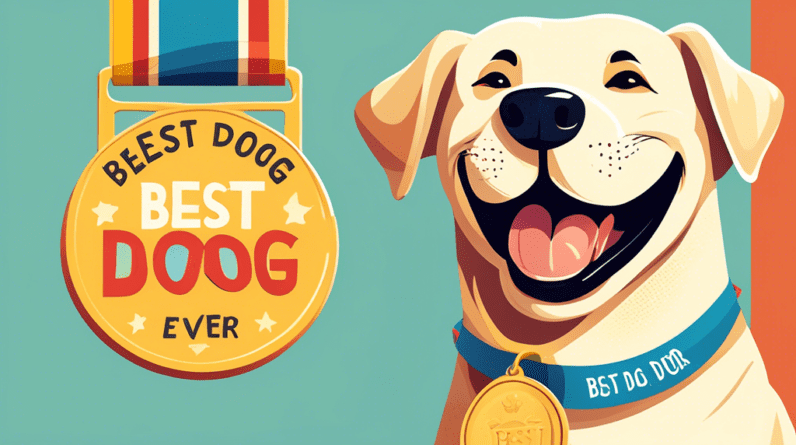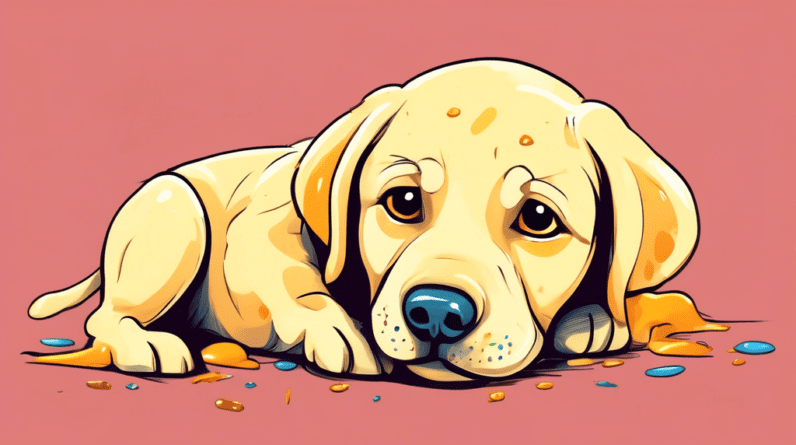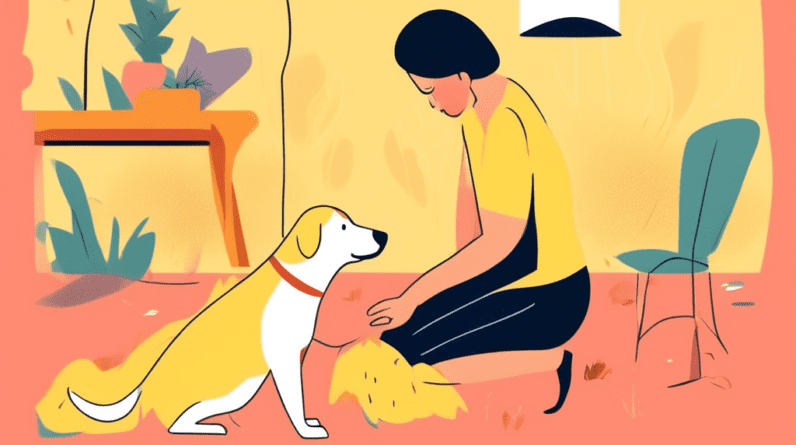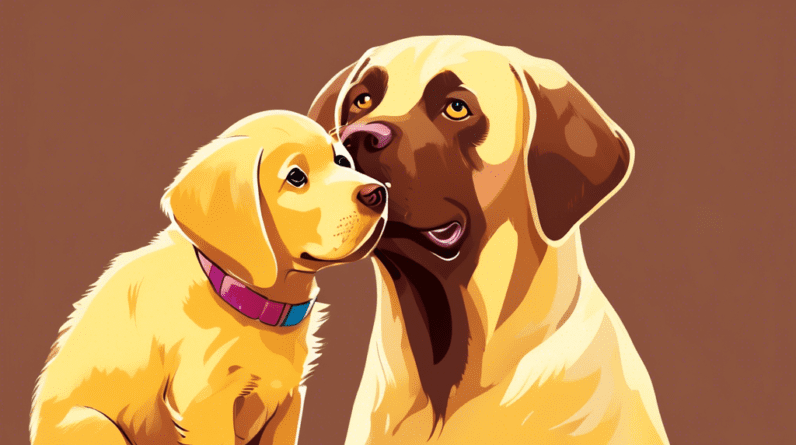
Why Do Labradors Eat Their Own Poop? Addressing the Issue
Understanding Coprophagia in Labradors
It’s a sight and smell no dog owner wants to encounter: their beloved Labrador Retriever munching on their own feces. This unsettling behavior, known as coprophagia, is unfortunately not uncommon in dogs, and Labradors can be particularly prone to it. While it might seem repulsive to us, it’s essential to remember that dogs have different instincts and perceptions of the world, and what we consider disgusting might not register the same way for them.
If you’re a Labrador owner grappling with this issue, understanding the potential reasons behind it is the first step towards addressing it effectively. Coprophagia isn’t merely a behavioral quirk; it can often stem from underlying medical or psychological factors. Let’s delve into the common culprits behind this behavior in Labradors:
Medical Reasons for Coprophagia in Labradors
Sometimes, coprophagia can be a sign that your Labrador isn’t absorbing nutrients properly from their food, leading them to seek out alternative sources. This can be due to various medical conditions, including:
- Exocrine Pancreatic Insufficiency (EPI): This condition prevents the pancreas from producing sufficient enzymes needed for digestion, resulting in malabsorption of nutrients.
- Intestinal Parasites: Worms like roundworms, hookworms, and whipworms can steal essential nutrients from your Labrador’s diet, leading to nutritional deficiencies.
- Other Digestive Disorders: Conditions like inflammatory bowel disease (IBD) and small intestinal bacterial overgrowth (SIBO) can interfere with nutrient absorption, prompting your dog to seek out other sources.
Behavioral and Environmental Factors
In many cases, coprophagia isn’t rooted in medical issues but rather stems from behavioral or environmental influences. Here are some key factors to consider:
1. Attention-Seeking Behavior
Labs are highly social and attention-craving dogs. If they feel neglected or crave interaction, they might resort to coprophagia to elicit a reaction from their owners, even if it’s negative attention.
2. Anxiety and Stress
Labradors thrive on routine and companionship. Changes in their environment, such as a new home, a new pet, or even a shift in their owner’s schedule, can trigger anxiety and stress, leading to unusual behaviors like coprophagia.
3. Learned Behavior
Puppies explore their world through their mouths, and it’s not uncommon for them to sample various things, including feces. While most grow out of this phase, some may continue if they associate it with a positive reinforcement, such as getting attention from their owner.
4. Confinement and Boredom
Labradors are energetic dogs that require ample mental and physical stimulation. If confined to small spaces for extended periods without enough activity, they might resort to coprophagia out of boredom or frustration.
5. Diet and Food Quality
Feeding your Labrador a low-quality diet lacking essential nutrients can trigger them to seek out missing nutrients elsewhere, including their own feces.
Addressing Coprophagia in Your Labrador: Effective Strategies
Witnessing your Labrador engaging in coprophagia can be disheartening, but the good news is that with the right approach, this behavior can often be addressed effectively. Here are some strategies to consider:
1. Rule Out Medical Conditions
The first crucial step is to schedule a visit with your veterinarian. They can perform a thorough physical examination, fecal analysis, and blood tests to rule out any underlying medical conditions contributing to coprophagia.
2. Provide a Nutritionally Balanced Diet
Ensure your Labrador is receiving a high-quality, balanced diet that meets their nutritional needs. Consult your veterinarian for recommendations tailored to your dog’s age, breed, and activity level.
3. Enhance Environmental Enrichment
Combat boredom and provide mental stimulation by offering your Labrador plenty of interactive toys, puzzle feeders, and engaging activities like training sessions, walks, and playtime.
4. Address Anxiety and Stress
If you suspect anxiety or stress is a factor, consult a certified veterinarian behaviorist to develop a tailored behavior modification plan. This might include desensitization techniques, counter-conditioning, and medication if necessary.
5. Reinforce Positive Behavior
Instead of scolding your Labrador for coprophagia, focus on rewarding desirable behaviors like coming when called, leaving feces alone, and engaging in appropriate play.
6. Enzyme Supplements
In some cases, your veterinarian might recommend enzyme supplements to aid digestion and address potential deficiencies contributing to coprophagia.
7. Keep Your Yard Clean
Regularly clean up after your Labrador to minimize their access to feces and reduce the temptation to engage in coprophagia.
Seeking Professional Help
If coprophagia persists despite your best efforts, don’t hesitate to seek professional help. Consult a veterinarian behaviorist who specializes in canine behavior modification. They can assess the situation, identify underlying triggers, and develop a personalized treatment plan for your Labrador.
A Final Note
Addressing coprophagia in Labradors requires patience, consistency, and a multifaceted approach. By understanding the potential causes, seeking veterinary guidance, and implementing appropriate strategies, you can help your furry companion overcome this unpleasant behavior and live a happier, healthier life.

